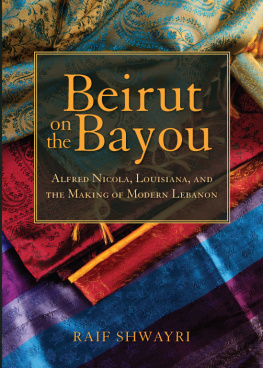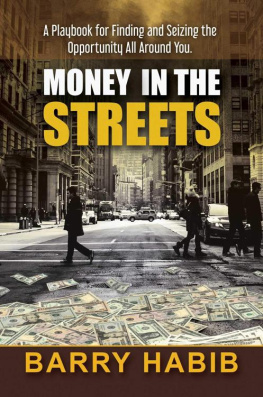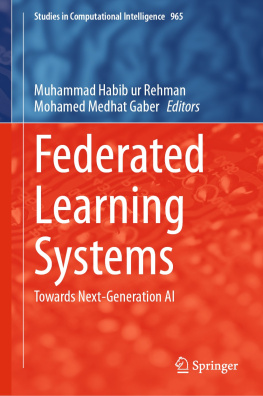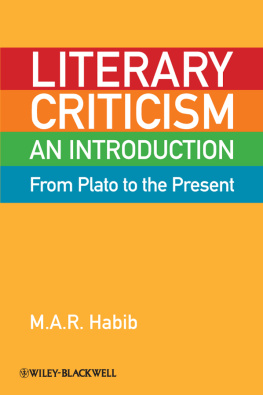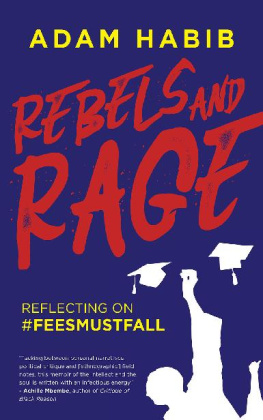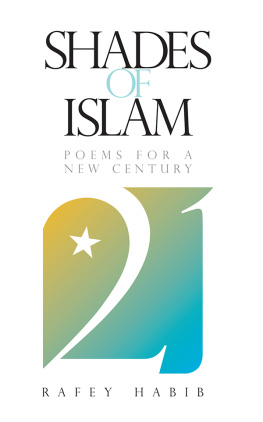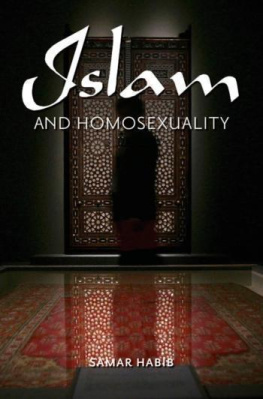Beirut on the Bayou
Beirut on the Bayou
Alfred Nicola, Louisiana, and the Making of Modern Lebanon
RAIF SHWAYRI
Published by State University of New York Press, Albany
2015 Raif Shwayri
All rights reserved
Printed in the United States of America
No part of this book may be used or reproduced in any manner whatsoever without written permission. No part of this book may be stored in a retrieval system or transmitted in any form or by any means including electronic, electrostatic, magnetic tape, mechanical, photocopying, recording, or otherwise without the prior permission in writing of the publisher.
For information, contact State University of New York Press, Albany, NY
www.sunypress.edu
Production, Dana Foote
Marketing, Fran Keneston
Library of Congress Cataloging-in-Publication Data
Shwayri, Raif
Beirut on the Bayou: Alfred Nicola, Louisiana, and the making of Modern Lebanon / Raif Shwayri
ISBN 978-1-4384-6095-6 (hardcover: alk paper)
ISBN 978-1-4384-6096-3 (ebook)
Library of Congress Control Number: 2015944372
10 9 8 7 6 5 4 3 2 1
To Nadim Habib Shwayri
Whats past is prologue
Shakespeare
Contents
Part I
Alfred remembers
Part II
Alfred in Louisiana
Part III
Alfreds legacy
Plates follow pages 78 and 232
Maps
The map entitled Lebanons confessional mosaic as it stands today: Cultural diversity or powder keg? appears as the first plate in the second gallery.
Maps drawn and designed by Franois Eid
Acknowledgments
The idea of writing this book was not entirely mine. It is true that the story of my grandfathers experiences in Louisiana has always fascinated me, as well as that of the Moujaes family, with its long heritage in stonemasonry and silk trading, but after the publication of my first book in 2008, writing was not on my agenda, as my work at Al-Kafat consumed most of my writing (and reading) time. Then, in June 2012, two years into the affiliation that was in progress and that brought the State University of New York to partner with AL KAFAAT UNIVERSITY (AKU), Sally Crimmins Villela, assistant vice chancellor for global affairs, threw me back into academia. By nominating me for the John W. Ryan Fellowship for International Education, which SUNY bestowed on me later that year, Sally brought me in front of students, researchers, and faculty across SUNY colleges, lecturing on education for development and on unifying people and societies through shared knowledge. The book matured on the trail that took me across the state of New York, from campus to campus, occasions for me to meet with people and dig into the histories of the Lebanese who immigrated to America. The book developed naturally out of that experience. Two visitsto Ellis Island and to Lockport, Louisianahelped me to shape the narrative. At these places, I met Alfred Nicola. He was there at the Ellis Island Great Hall, where he waited his turn before one of the inspectors in high chairs when he was just seventeen years of age. I met him on the towpaths that he walked for eighteen years down in the bayous of Louisiana, with a heavy valise on his back. I found his story so poignant that I knew I wanted him to be the focal subject of the book. But to understand him, I had to understand where he came from, which meant digging into his lineage to understand the choices he made in life. Family history is not enough if we want to understand the choices anyone makes; we must also look at the environment that forges personalities and sets lives on different paths. The history of Alfred and his family could therefore only be understood when juxtaposed with the history of Lebanon in the making.
My discussions with Adib Aoun Moujaes put me on track when researching the origins of the Moujaes family. A lawyer of repute and a historian, son of a justice of the peace under the mutasarifiya, his suggestions and tips helped me structure my research work. I was privileged to have had the opportunity to sit with him a short time before he passed away, and am only sorry he will not get to read the finished work. I am equally grateful to Adibs son, Khalil Moujaes, a fine lawyer in his own right, a friend and cousin, for reading my history of the Moujaes family. In researching the ancestry of the family and tracing it back to Arabia Felix (now modern-day Yemen) and later to the Arabian Desert and the confines of Syria and Turkey, I spent many long and pleasurable hours decrypting manuscripts, interpreting maps, and reading travelers logbooks. I have many resource centers to thank for that: the Jafet Memorial Library at the American University of Beirut, the Library of Oriental Studies at St. Joseph University in Beirut, the British Library (particularly the Maps and Manuscripts Reference Team), and the Palestine Exploration Fund in London, where I found good help in reviewing maps of Syria and Palestine of the late nineteenth century.
Researching Lebanese American history was equally thrilling, especially at the Smithsonian Archive Center at the National Museum of American History in Washington, DC, where I was able to dig into the many cartons of photographs and documents donated by Alixa Naff, an extraordinary woman who spent her life building a unique collection on the Lebanese American experience. My gratitude goes to the staff of the Archive Center for their highly professional support, and for adapting to my travel constraints and bending a few rules when it came to opening hours. On the same topic, I am grateful to Eugene Nassar, the founder of the Ethnic Heritage Studies Center at Utica College, for his input and the information he shared (and for the great Lebanese meal he treated me to at the Phoenician Restaurant in Utica!).
In Louisiana, the compass had a name: Fred Joseph Jr., son of another Fred, nephew of Alfred and his cousin too, who bore witness to Alfreds style and endeavors and who ended naming his two sons very tellingly: Al and Fred. I can never thank Fred enough for the time he made for me on my two research visits to Louisiana and the long discussions we had while driving across Bayou Lafourche and eating po boys with the fishermen in Gulfport. I also thank him for introducing me to the local tastes and customs, with his son Brent and friend Amanda, and for reviewing the section on Alfred Nicola in Louisiana. A day with Glen Pitre, the well-known Cajun cinema producer and director, is all you need if you are looking at delving into the deep Louisianan culture. I am grateful to him for passing on to me his passion for New Orleans and sharing with me his intimate knowledge of the Cajun country (and entrusting me with many of his movies). The New Orleans Archives and Library was one of my favorite destinations as I was able there to consult the individual registrations logbooks and view the newspapers of the epoch from when Alfred was in Louisiana. Viewing was made so simple with the search engines that the library has made available in a very distinctive and friendly environment.
Back in Lebanon, my aunt Lodi was of immense help with providing an accurate account of the events in the life of her father, Alfred Nicola, after his return to Beirut. Our discussions frequently found us trading information on Alfred in Lebanon for that of Alfred in Louisiana, the product of my detective work in the United States. I am also grateful to her for sharing pictures of Alfred and his family, some of which are included in the photo galleries in this book. I was privileged to hear firsthand anecdotes on Lebanon in the period of Bashir the Great from Amir Hareth Chehab, who did not stint in giving me personal materials, and for that I am ever so grateful. I also must pay a tribute to Riad Khneisser of the Shwayr Community Center Library and Municipality, who helped provide rare documents and share much of the peoples histories, which have traveled across generations in oral traditions. Much gratitude I owe to the talented architect, historian, and cartographer Franois Eid for drawing the maps for this book. His composition depicting the distribution of religious communities across Lebanon is more the design of a master clockmaker than that of a cartographer.

